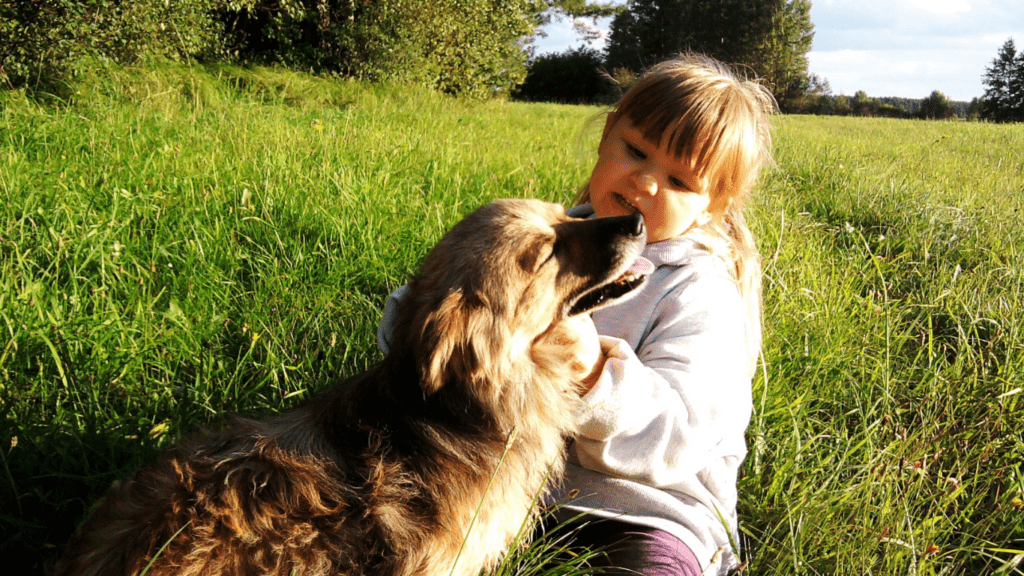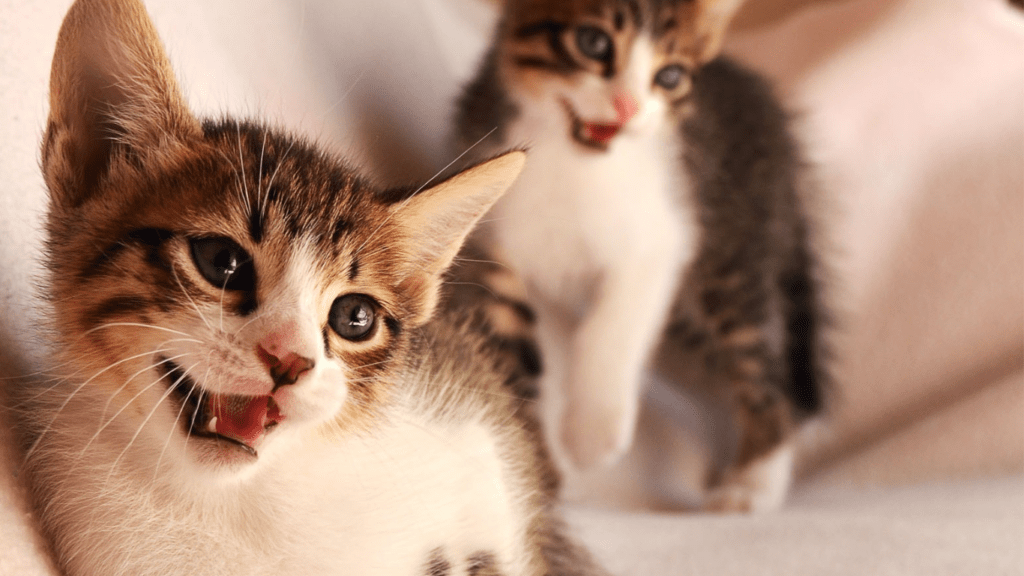Understanding Your Pet’s Needs During the Holidays
During the holidays, pets often experience changes in their environment and schedule. Recognizing their needs helps ensure they stay happy and healthy.
Recognizing the Signs of Stress in Pets
Pets may show signs of stress during the holidays. Common indicators include changes in appetite, withdrawal from family, excessive grooming, or unusual aggression.
Observing these behaviors helps identify stress. Stress affects both dogs and cats, with symptoms like:
- hiding
- trembling
- unusual vocalizations
If these signs appear, creating a quiet space for your pet to retreat can significantly ease their discomfort.
Keeping a Routine
Maintaining a routine is crucial during the holidays. Pets thrive on consistency, so sticking to regular feeding times, walks, and play sessions reduces their stress.
Disrupting these habits can lead to anxiety. Ensuring pets get their usual exercise and mental stimulation keeps them engaged. If travel plans disrupt routines, arranging for a familiar pet sitter helps provide continuity.
Holiday Hazards for Pets
Holidays bring potential dangers that can threaten your pet’s well-being.
Toxic Foods and Decorations
Holiday foods and decorations can pose serious risks to pets. Chocolate contains theobromine, which is toxic to dogs and cats. Pies with nuts or raisins cause kidney damage.
Unsecured tinsel, ribbons, or ornaments can lead to choking or intestinal obstruction if swallowed. Ensure all food items and decorations are out of your pet’s reach.
Danger from Holiday Plants and Lights
Common holiday plants are hazardous to pets. Poinsettias cause vomiting, while mistletoe and holly result in nausea or worse. Securely fasten all holiday lights.
Pets chewing on cords can suffer electric shocks or burns. Use cord protectors and avoid placing lights on lower branches if you have a Christmas tree.
Managing Your Pet’s Diet During the Holidays
Keeping a pet’s diet consistent during the holidays is essential for their well-being. Changes in schedules and available foods can impact their health.
Tips for Modifying Feeding Schedules
Adjust feeding times gradually to avoid digestive issues. Shift feeding by 15-minute intervals over several days if events or travel affect the regular routine. This method minimizes stress and keeps their digestive system steady.
Provide meals in a quiet, familiar place away from holiday activities. This helps pets eat peacefully without distractions or anxiety. Use slow feeders or puzzle toys to make mealtime engaging and slow down fast eaters.
Keep the diet consistent with regular food despite the holiday hustle. This helps avoid upset stomachs associated with sudden dietary changes. If new foods need introduction, do so gradually, mixing small portions with their regular meals.
Healthy Treat Alternatives
Offer healthy treats specially designed for pets like carrots, apples (excluding seeds), and green beans. These options provide nutrients without the risks associated with festive human treats.
Avoid giving pets foods that contain high fat, sugar, or artificial additives. Such ingredients can cause obesity, diabetes, and other health issues. Prioritize natural, low-calorie treats instead.
Create homemade pet treats using safe ingredients. Recipes including peanut butter (without xylitol), oats, and pumpkin can be effective. Ensure all ingredients are pet-friendly and avoid harmful substances.
Monitor treat intake strictly to maintain a balanced diet. Treats should constitute no more than 10% of their daily caloric intake. This ensures pets enjoy tasty rewards without compromising their health.
Holiday Gatherings and Your Pet

Holiday gatherings can be stressful for pets. With proper preparation, your pet stays calm and safe during the festivities.
Preparing Pets for Guests
Introduce pets to guests gradually to reduce stress. Use positive reinforcement, like treats or praise, to create a positive association. If your pet’s shy or fearful, inform guests ahead of time to give your pet space. Monitor interactions, ensuring kids know how to approach and handle pets gently. For pets prone to anxiety, consider using calming aids like pheromone diffusers or anxiety wraps.
Creating a Safe and Quiet Space
Provide a designated safe space away from the main gathering area. Ensure the space’s equipped with their bed, toys, food, and water. Familiar items help your pet feel secure. Use baby gates or closed doors to restrict access. Play soft music or white noise to drown out loud sounds from the gathering. Check on your pet periodically to ensure they’re comfortable and not feeling isolated.
Physical and Mental Exercise for Pets
Keeping pets physically and mentally stimulated during the holidays is crucial. It’s important to integrate both indoor and outdoor activities into their daily routine.
Indoor Activities and Games
Interactive toys like puzzle feeders keep pets entertained. They stimulate their minds and help reduce boredom. Play hide-and-seek with treats to engage both their senses and hunting instincts.
Set up obstacle courses using household items to encourage physical activity. Rotate toys regularly to maintain your pet’s interest.
For cats, laser pointers and feather wands provide excellent exercise. Scratching posts and cat trees offer climbing opportunities. Dogs benefit from tug-of-war and fetch with soft toys. Using treat-dispensing toys can also serve as a mental workout for them.
Importance of Outdoor Exercise
Daily walks are essential for dogs’ health. They help with weight management and provide mental stimulation from new scents and surroundings. Off-leash play in a secure area lets dogs run freely and burn off energy. For high-energy breeds, consider activities like agility training or hiking.
Cats also enjoy the outdoors if appropriately supervised. Use a secure harness and leash for controlled exploration. Create an enclosed outdoor space or “catio” for safe outdoor time. This allows cats to enjoy fresh air and exercise while staying protected.
Incorporating both indoor and outdoor exercises ensures pets stay happy and healthy throughout the holiday season.
Regular Veterinary Care
Maintaining regular veterinary care keeps pets healthy and detects issues early. Scheduling check-ups and handling emergencies are essential components.
Scheduling Check-ups
Consistent veterinary visits ensure pets stay in optimal health. Annual check-ups are crucial for preventive care. Vets perform thorough physical exams, update vaccinations, and provide parasite control. Routine blood tests help identify potential health problems before they become serious. Puppies and kittens require more frequent visits, usually every few weeks until they are a few months old. For senior pets, semi-annual check-ups might be necessary.
Handling Pet Emergencies
- Immediate action during pet emergencies saves lives.
- Keep a pet first-aid kit handy with essentials like gauze, bandages, and antiseptic wipes.
- Know the location and contact information for the nearest 24-hour emergency veterinary clinic.
- Common emergencies include poisoning, injuries, and severe reactions to foods or medications.
- If symptoms like choking, difficulty breathing, or excessive bleeding occur, transport your pet to the emergency clinic immediately.
- Staying calm and acting quickly ensures better outcomes in critical situations.


